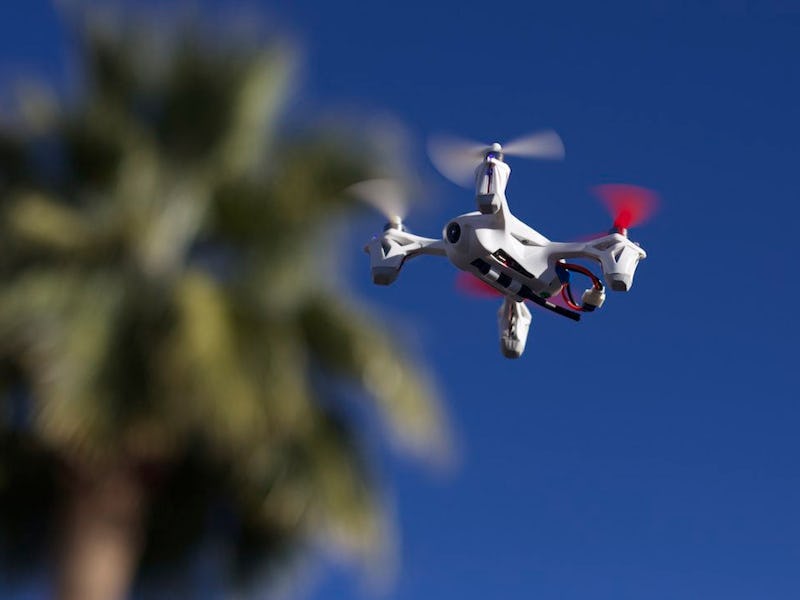The Proposed FAA Bill Creating a Drone Pilot Test is Impressively Irrelevant
But if you fail at the test, you should be OK, so long as you don't fail at flying.

To become a drone pilot today is essentially an exercise in spending: You exchange thirty-or-so thousand bucks for a quadcopter, drop a fiver on the Federal Aviation Administration’s website, scribble your registration number on the side of your shiny new aircraft, and spend a pleasant afternoon gently crashing your machine into the grass. But a proposed bill would add a new wrinkle to the process of earning your drone wings — you’d have to pass a test to show you know the flying basics.
Proving ability and knowledge could become part of the process, thanks to a section of the new FAA reauthorization. The FAA’s budget, which gets renewed every few years and was introduced recently in the Senate Commerce, Science and Transportation Committee, contains several rules about drones. For the exam, you would need to pass an online quiz — like the written portion of a driver’s license test, sort of — and when you’re in the field, carry some evidence of your flying smarts.
The pertinent section: “Aeronautical knowledge and safety test,” puts it like this: ‘‘An individual may not operate an unmanned aircraft system unless the individual has successfully completed an aeronautical knowledge and safety test.” According to the bill, drone operators must be able to take the exam electronically.
What if you don’t take the test? If we’re reading this correctly, as long as you fly safe, you don’t actually need to show off your superior quiz-taking skills: “No fine or penalty may be imposed for the initial failure of an operator of an unmanned aircraft system to comply with paragraph (1) [the bit about completing the safety test] unless the Administrator finds that the conduct of the operator actually posed a risk to the national airspace system.” As others have noted on Twitter, some of the new proposals make more sense than others. (The FAA has no authority over indoor or enclosed airspace.)
On the one hand, it’s great that there appears to be some flexibility baked into the system. On the other, will an online quiz that is, in effect, optional, achieve anything? Probably not, but it’s early days on all this stuff. Congress wasn’t exactly prescient on the UAV issue.